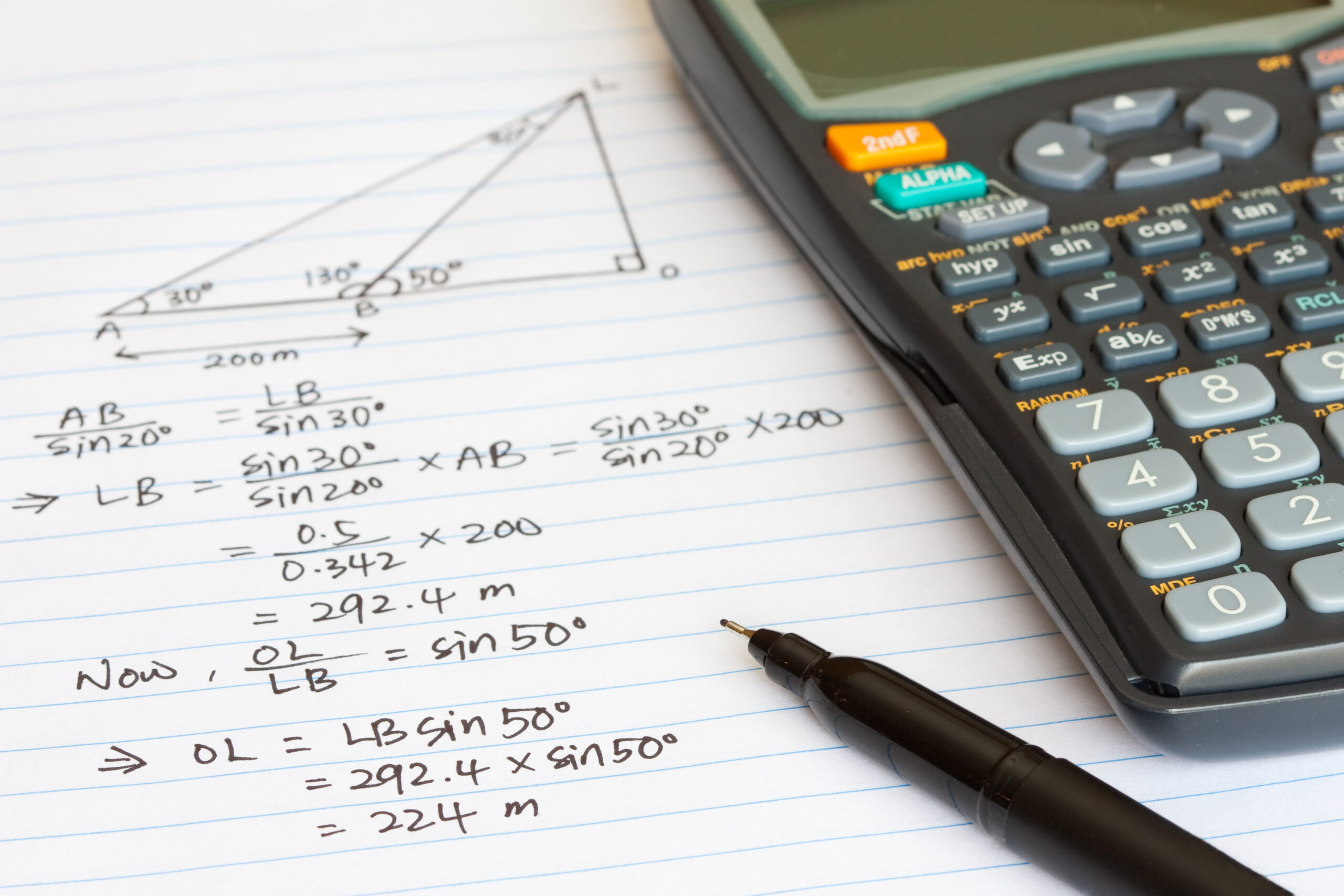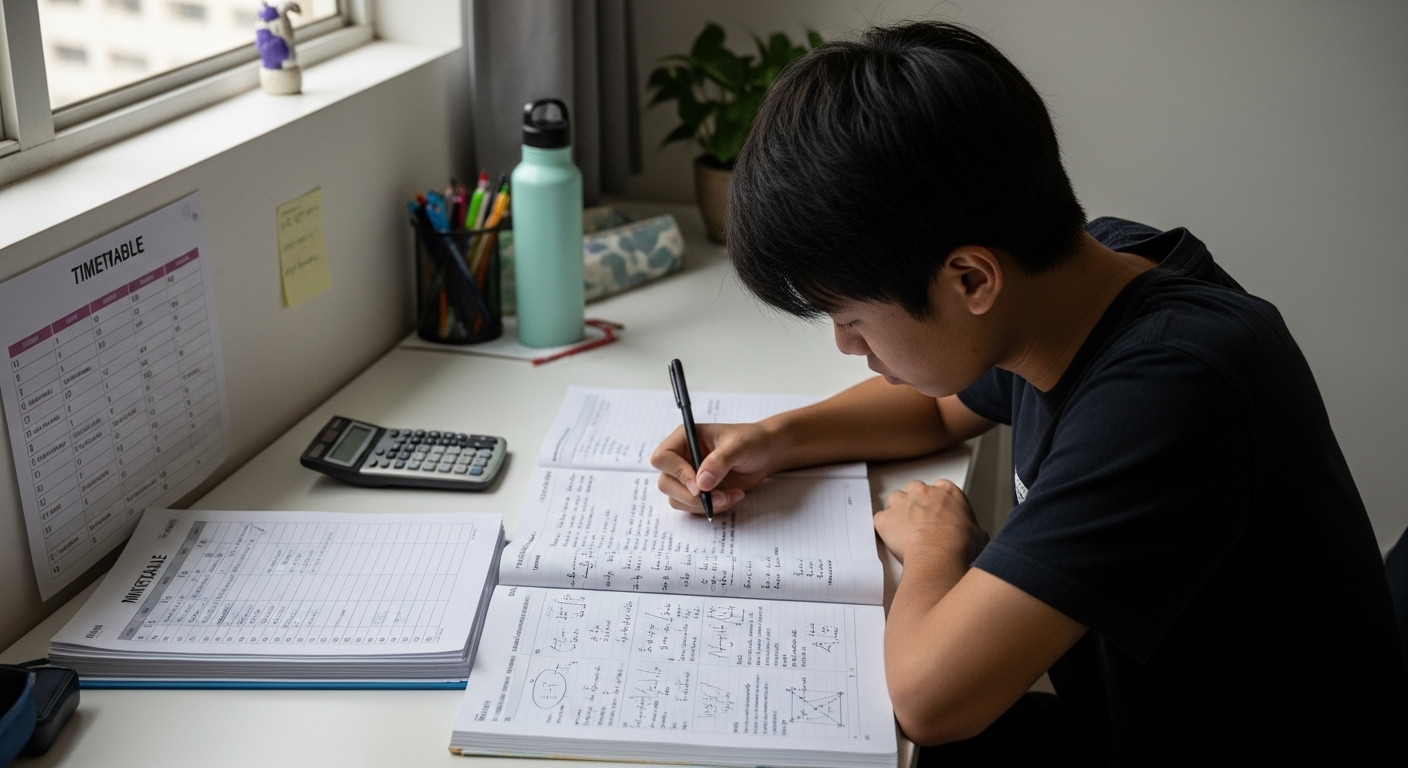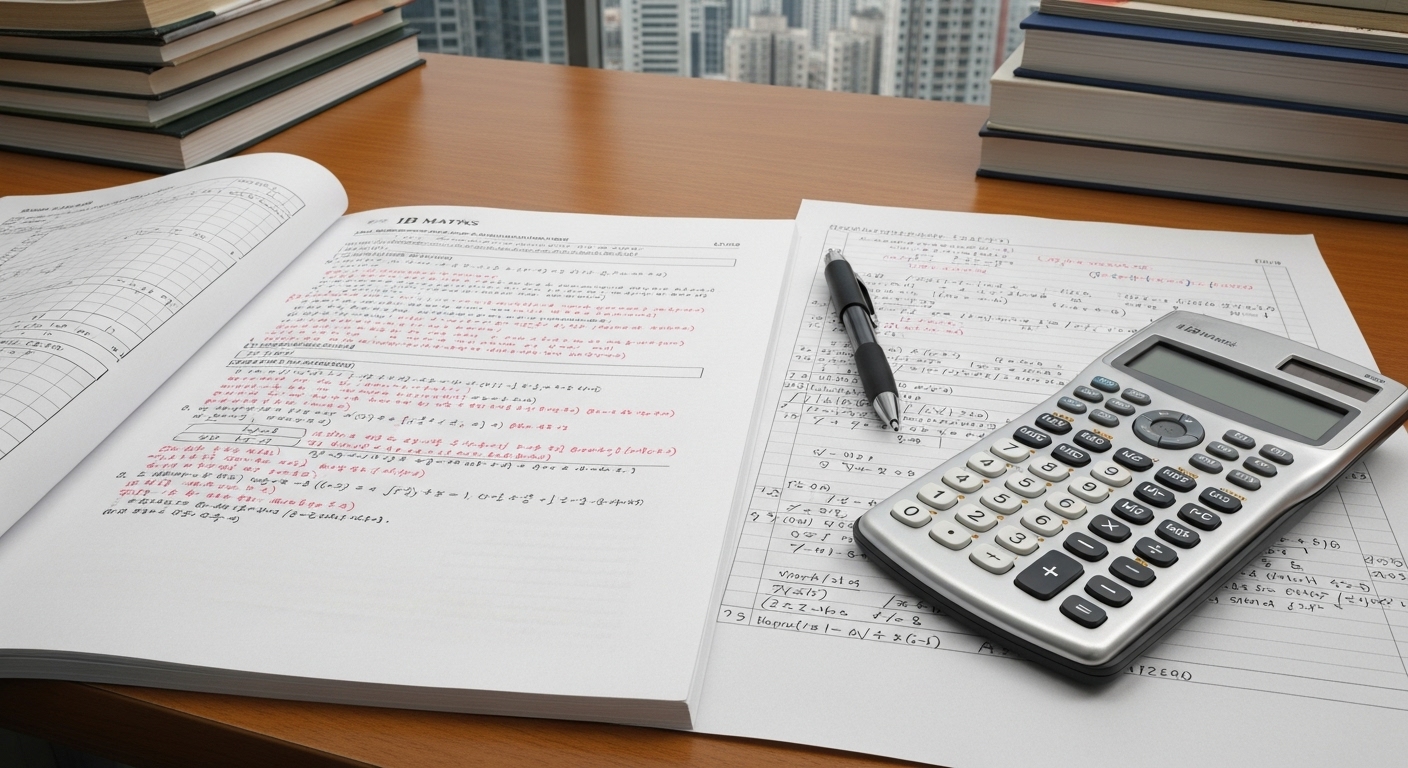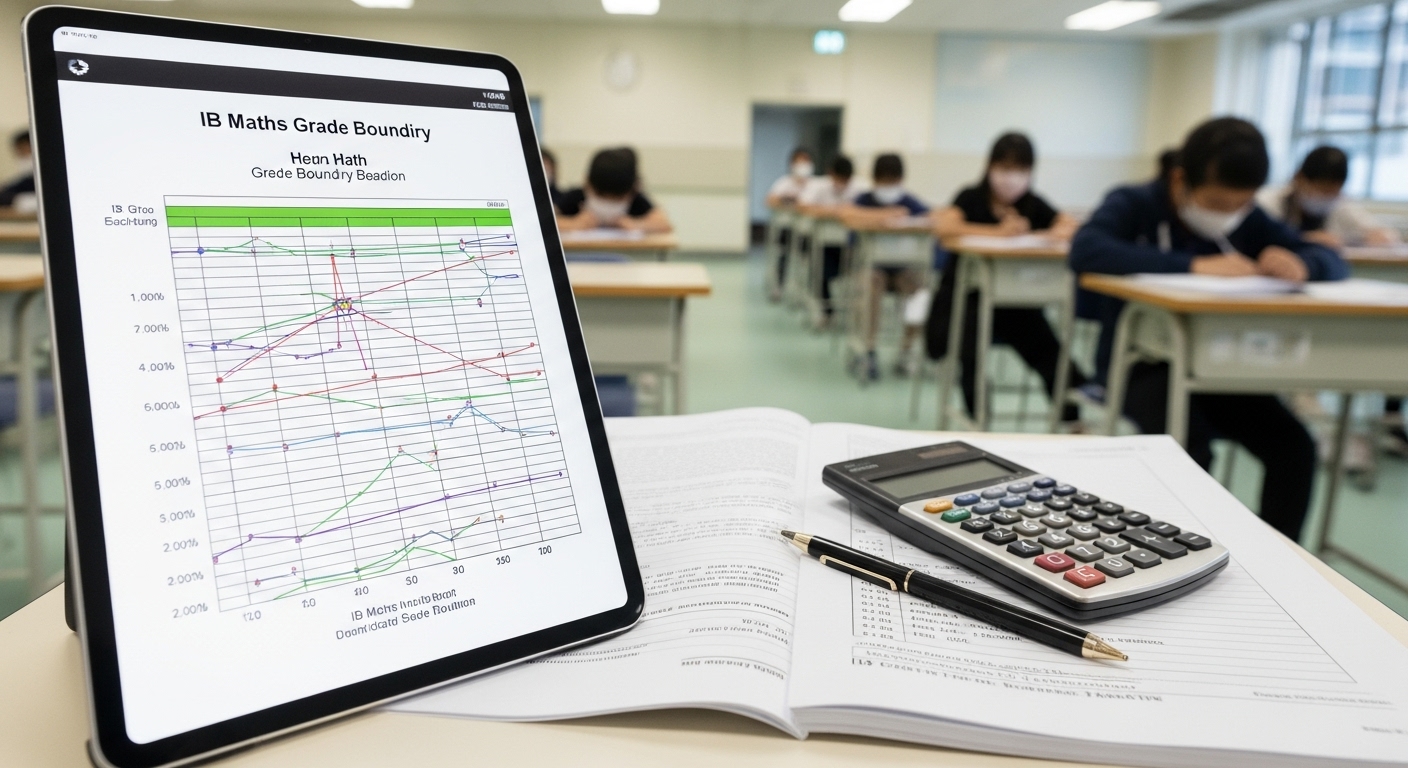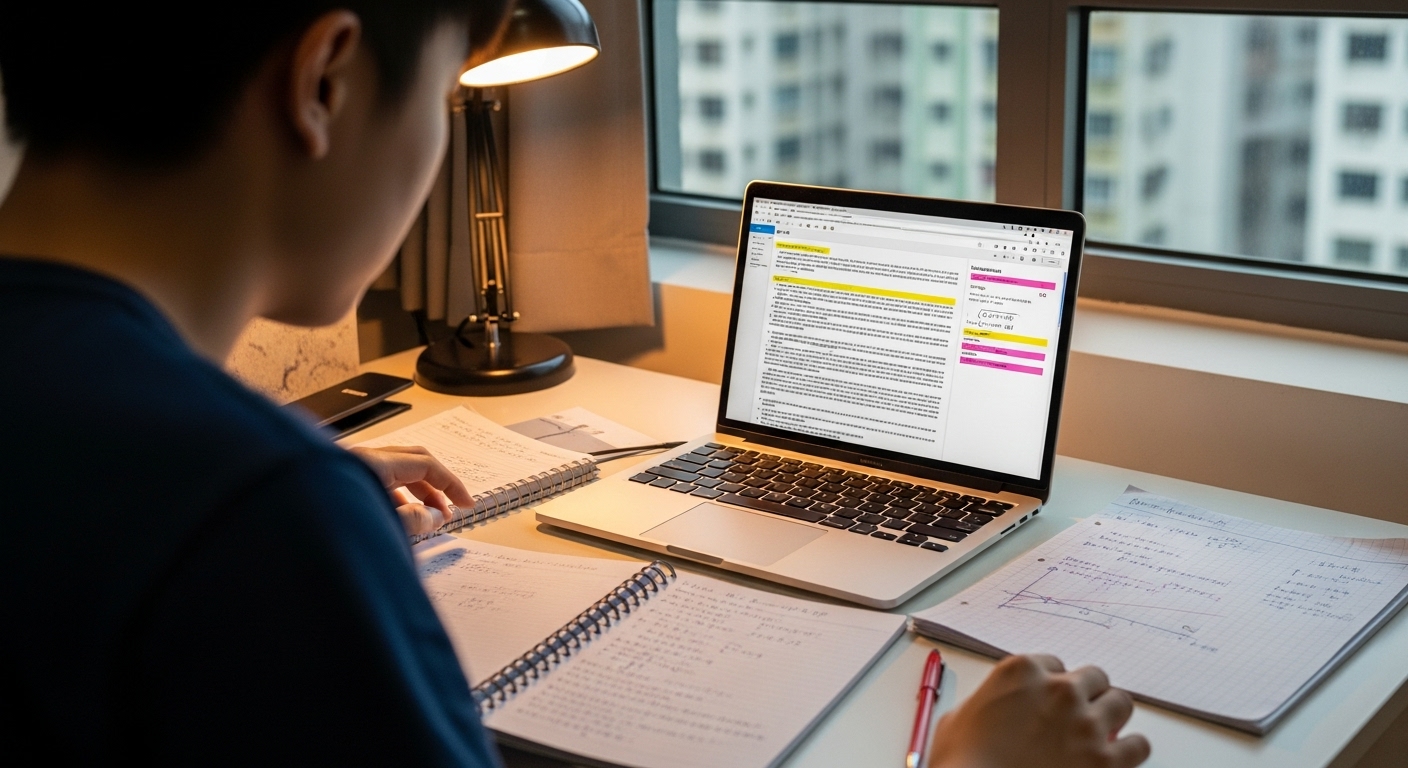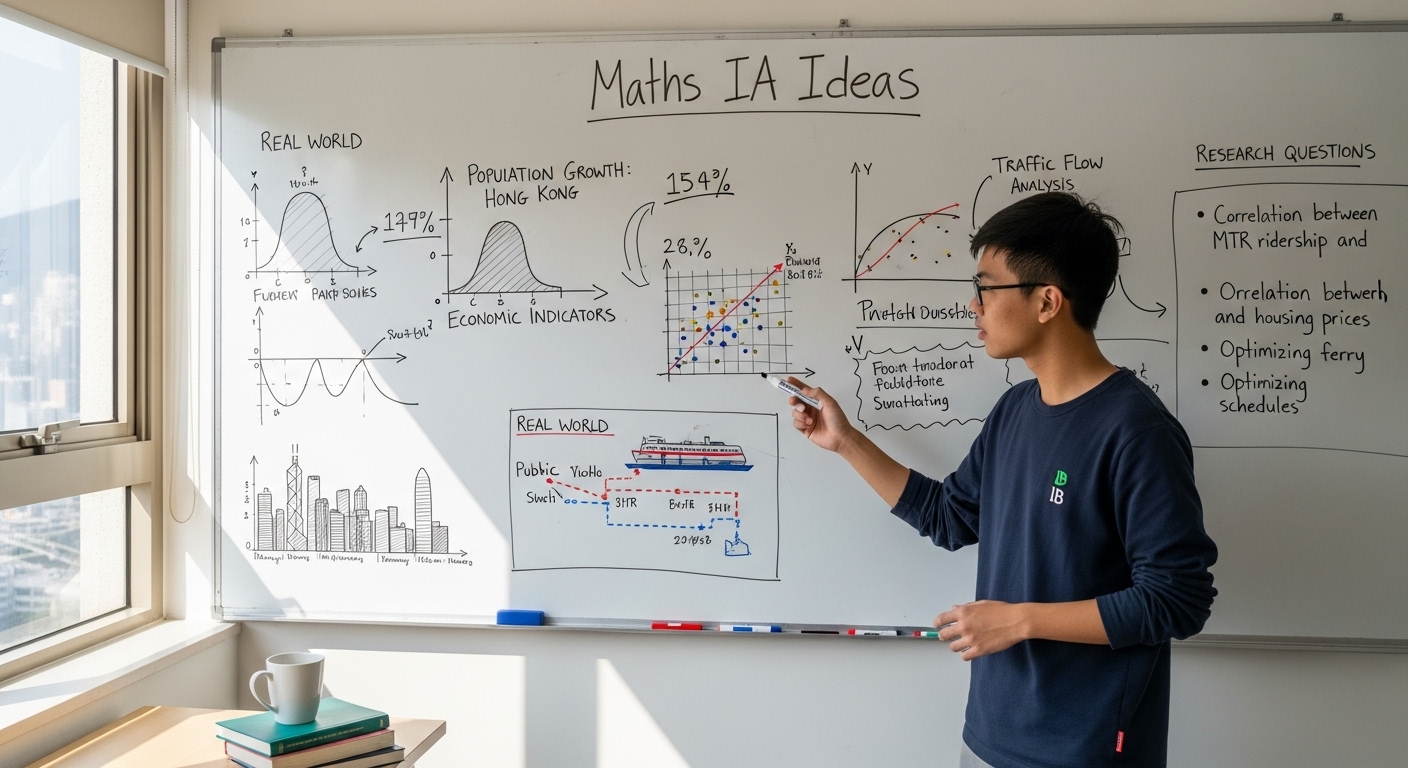Why Practice Papers in GCSE Maths Revision Are Essential
Preparing for GCSE Maths exams requires more than just memorizing formulas and solving textbook problems. AQA GCSE Math Foundation Past Paper practice provides real exam experience, helping students understand the format, improve time management, and build confidence.
This guide explores five key reasons why practice papers are essential for GCSE Maths revision and how to use them effectively.
5 Reasons Practice Papers in GCSE Exam Success
1. Understand the Exam Format
Practice papers in GCSE Maths revision allow students to become familiar with the structure and layout of the exam, including:
- The types of questions asked (multiple-choice, long-form answers, problem-solving).
- The marks are allocated to each section.
- The difference between non-calculator and calculator papers.
Action Step:
- Solve past papers from AQA, Edexcel, or OCR to understand how Paper 1 (Non-Calculator) differs from Papers 2 & 3 (Calculator Allowed).
Example:
By regularly practicing past papers, students learn how mark distribution works, ensuring they spend the right amount of time on each section.
🔗 Related Resource: How to Use Past Papers for GCSE Maths Revision
2. Identify Strengths and Weaknesses
One of the biggest advantages of practice papers in GCSE Maths revision is the ability to assess your progress.
- They highlight which topics you have mastered.
- They reveal problem areas that need more revision.
Action Step:
- After completing a paper, review your answers and note which topics caused the most difficulty.
- Focus your revision on these weak areas before attempting another paper.
Example:
If a student consistently struggles with trigonometry, they should allocate more revision time to understanding sine, cosine, and tangent rules.
🔗 Related Resource: How to Improve in Trigonometry for GCSE Maths

3. Improve Time Management
Timed practice with GCSE Math practice papers helps students:
- Learn how to allocate time effectively.
- Avoid spending too long on one question.
- Develop the ability to finish the exam on time.
Action Step:
- Use a timer when solving past papers.
- Allocate time to each question based on its marks (e.g., 5 minutes for a 4-mark question).
Example:
A student struggling with time management can use practice papers to build speed and efficiency, ensuring they complete all sections during the real exam.
🔗 Related Resource: Top Time Management Tips for GCSE Exams
4. Build Exam Confidence
The more practice papers a student completes, the more confident they become on exam day.
- Familiarity with exam-style questions reduces anxiety.
- Students develop a problem-solving mindset under exam conditions.
- Repeated exposure to difficult questions builds resilience.
Action Step:
- Begin with easier past papers and gradually move to harder ones.
- Track improvements in scores and celebrate progress.
Example:
A student scoring 60% on their first practice paper but later achieving 80% after multiple attempts will feel more confident in their abilities.
🔗 Related Resource: How to Boost Confidence for GCSE Maths
5. Learn from Mistakes and Improve Accuracy
One of the most effective learning techniques is analyzing mistakes and correcting them.
- Reviewing past mistakes prevents repeating errors in the actual exam.
- Understanding incorrect answers improves problem-solving skills.
Action Step:
- After each practice paper, compare answers with the mark scheme to see where mistakes were made.
- Reattempt incorrect questions and ensure understanding before moving forward.
Example:
If a student miscalculates a percentage increase in a question, they should practice similar problems to strengthen their understanding.
🔗 Related Resource: Common Mistakes in GCSE Maths & How to Avoid Them
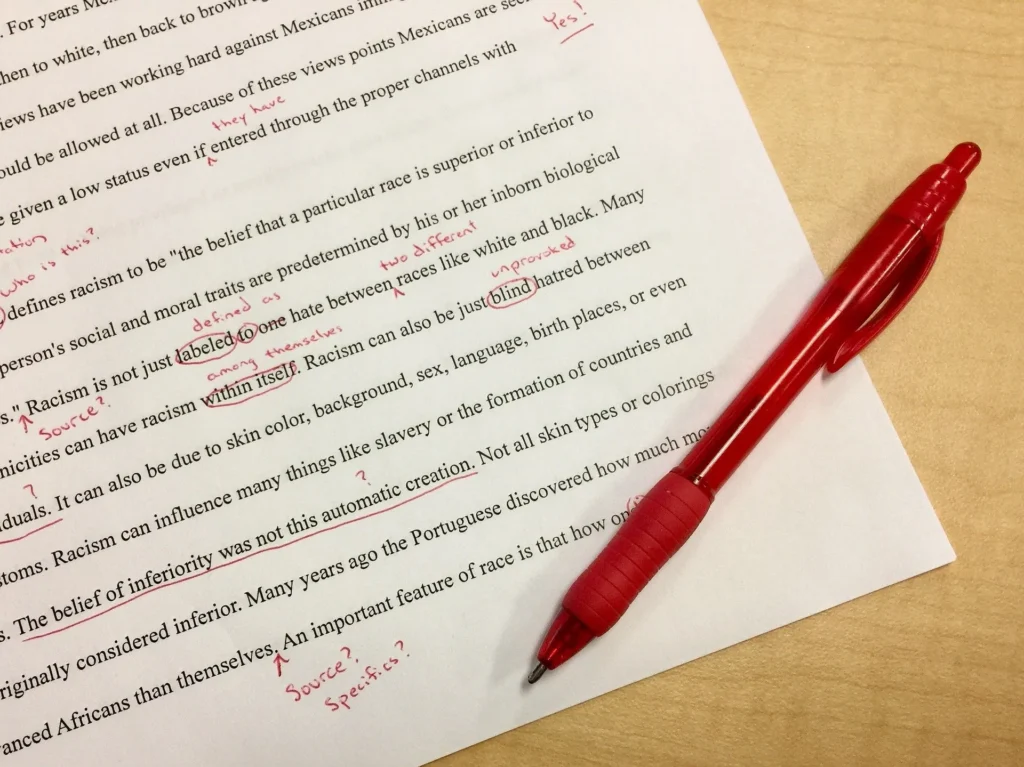
How to Use Practice Papers in GCSE Maths Revision Effectively
1. Start Early
- Begin solving practice papers at least 3-6 months before the exam.
- Integrate one past paper per week into your study plan.
2. Simulate Real Exam Conditions
- Set a timer and work in a quiet environment.
- Use only allowed materials (e.g., calculator for Papers 2 & 3).
3. Review and Reflect
- Compare answers with the mark scheme.
- Identify repeated mistakes and problem areas.
4. Mix and Match Different Exam Boards
- Solve papers from AQA, Edexcel, and OCR for exposure to different question styles.
5. Seek Help for Difficult Topics
- Work with a GCSE Maths tutor to clarify difficult concepts.
- Use video tutorials and online revision tools.
🔗 Find a Tutor for GCSE Maths: MathZem.com
FAQs About Practice Papers in GCSE Maths Revision
1. How many practice papers should I solve before the GCSE Maths exam?
- Aim to complete at least 5-10 past papers before your exam.
2. Can I use practice papers from different exam boards?
- Yes, using different boards (AQA, Edexcel, OCR) exposes you to a variety of question types.
3. What if I don’t have enough time to solve full practice papers?
- Focus on specific topics or sections instead of solving the entire paper.
4. Where can I find GCSE Maths past papers?
- Exam board websites (AQA, Edexcel, OCR)
- MathZem.com for organized past papers and expert guidance.
🔗 Related Resource: Where to Find the Best GCSE Maths Past Papers
Final Thoughts on Practice Papers in GCSE Maths Revision
Using practice papers in GCSE Maths revision is one of the most effective ways to prepare for exams. They help students:
- Understand the exam format and question structure.
- Identify weak areas and focus revision accordingly.
- Improve time management and answer questions efficiently.
- Build confidence through repeated practice.
- Learn from mistakes to avoid them in the real exam.
By incorporating practice papers into your study routine, you can boost your chances of success on exam day.
🔗 Start Your GCSE Maths Revision Today at MathZem: MathZem.com
